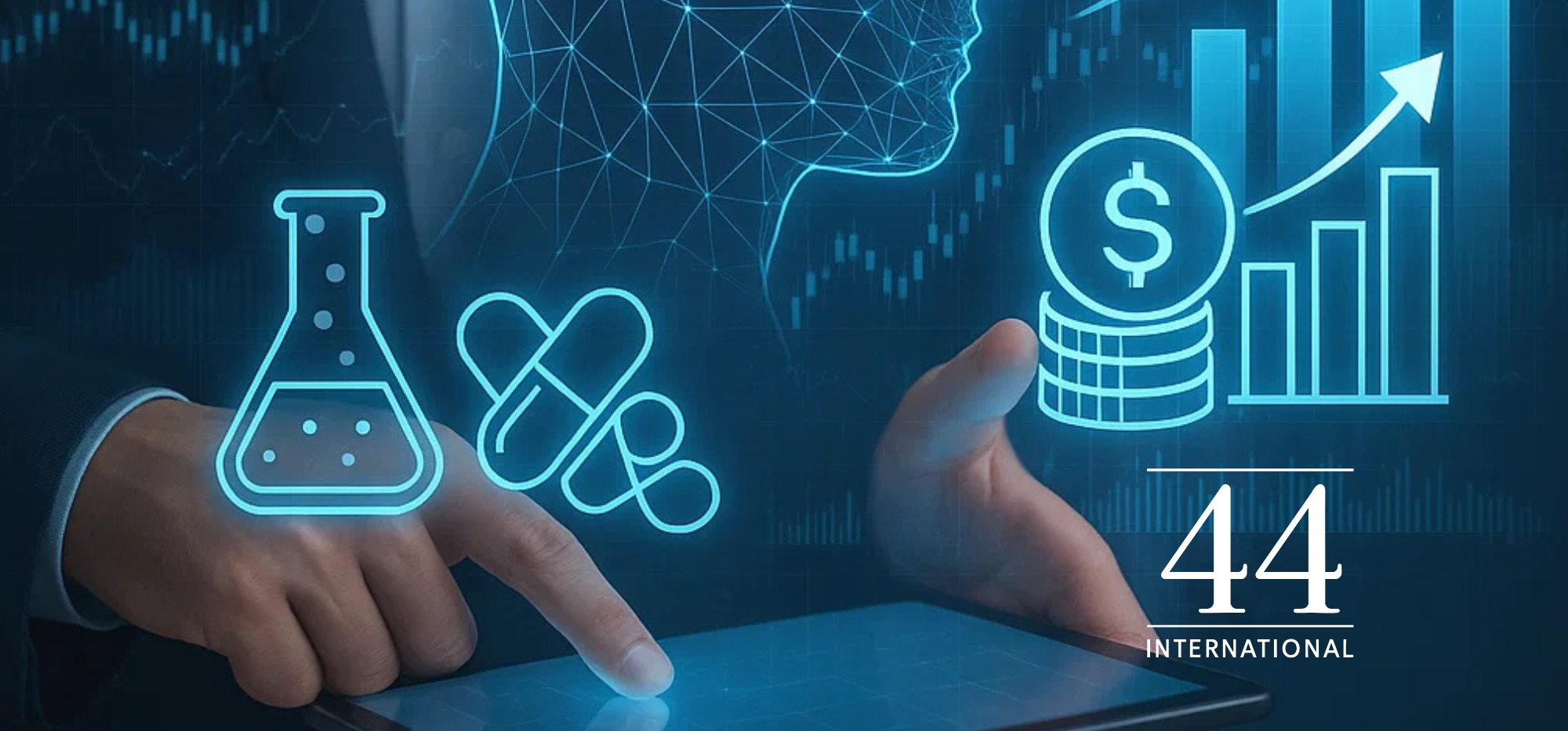September 16, 2025

AI in CDMOs is no longer a concept. It’s a reality. Digital tools are streamlining biologics and advanced therapy manufacturing at every stage.
Machine learning improves cell culture conditions. Predictive analytics helps detect issues before they occur. Digital twins give manufacturers a way to model entire processes before scaling.
The result? Faster development timelines, lower costs, and more reliable quality. For therapies as complex as cell and gene treatments, AI means fewer delays and stronger compliance.
Global markets are uncertain. Inflation, higher rates, and geopolitical risks dominate headlines. Yet investors continue to increase their bets on CDMOs.
Why? Because outsourcing remains essential. Biopharma companies need CDMOs to reduce capital risk and speed up commercialization. Sticky contracts and diverse revenue streams make CDMOs resilient, even in challenging economies.
Private equity and strategic investors see this as a long-term growth play. They’re funding expansions and acquiring specialized capabilities, betting on the future of biologics.
The industry is entering a new phase of expansion. North America and Europe are leading large-scale projects, while Asia-Pacific accelerates with new sites. Emerging markets are also starting to build specialized capacity.
This growth is driven by two forces: complex pipelines and the demand for local, secure supply chains. Every new facility reflects these priorities. AI-powered automation, integrated data systems, and end-to-end solutions are now standard features.
Specialized CDMOs are also growing. From viral vectors to RNA platforms, they’re carving out critical niches within the global supply network.
AI and investment are reshaping the CDMO landscape together. For biopharma innovators, success will depend on working with forward-thinking CDMOs. For investors, the strongest returns will come from platforms that blend scale, agility, and AI-driven innovation.